We know that babies like new things. Present them with something they haven’t seen before and they’ll gravitate toward it, touch it, bang it around, put it in their mouths. It’s all part of the learning process so they can build a database of knowledge about the world around them.
But for babies to really learn about how the world works, it takes more than novelty. In a series of experiments with 11 month olds published Thursday in the journal Science, researchers at Johns Hopkins University found that surprising information—things that went against babies’ assumptions about concepts like gravity and the solidness of objects—forms the seed for future learning.
Aimee Stahl, a PhD candidate in the department of psychological and brain science at Johns Hopkins University, and her colleague Lisa Feigenson conducted a set of experiments with 110 infants to tease out this effect of surprise in how babies learn. The studies began with the assumption that babies are born with certain core knowledge about how the world works — that objects are solid so other things can’t pass through them, for example, or that dropping things causing things to fall rather than float.
MORE: Naps May Help Babies Retain Memories, Study Finds
First, Stahl challenged these concepts with some babies by strategically using a screen to hide a wall as they rolled ball. When they lifted the screen, some babies saw the ball stopped in front the wall, as they would expect. Other babies, however, saw the ball on the other side of the wall. When both groups were then presented with something entirely new to learn — associating a squeaking sound with a new toy — the babies who saw the contrary event (the ball on the other side of the wall) learned to link the sound to the new toy more quickly than those who saw the expected event (the ball on the correct side of the wall).
To ensure that the babies weren’t just enthralled with the novelty of the new toy, Stahl and Feigenson then repeated the experiment, except this time during the testing phase they played a different, rattling sound instead of the squeaking noise. The learning scores in the first experiment were still higher than those in the second version, strongly suggesting that the babies were actually making new connections and learning something about the objects, rather than just paying attention to the new-ness of them.
MORE: How to Improve a Baby’s Language Skills Before They Start to Talk
This was supported by the other experiments Stahl and Feigenson conducted, in which babies tried to find an explanation for the contrary results; for the balls that appeared to melt through the solid wall, they bounced and banged the balls to verify their solidity. For situations in which objects seemed to defy gravity and float, they dropped them. “It seemed like they were seeking an explanation to the kind of surprising events they witnessed,” says Stahl. “If it was just novelty that was attracting them, they wouldn’t be so specific in the way they handled the objects.”
These are the first experiments to test the idea that learning involves more than just exploring new things; Stahl’s results indicate that surprising or contradictory information helps them to confirm and test their knowledge, and try to explain events that seem to go against what they know.
“It raises exciting questions about whether surprise is something educators, parents and doctors can harness to enhance and shape learning,” says Stahl. She’s exploring, for example, how surprise can help in learning even with older children in more naturalistic environments, outside of artificial lab experiments. “Our research shows that when babies’ predictions about the world don’t match what they observe, that signals a special opportunity to update and revise their knowledge and to learn something new.”
Video: Johns Hopkins University Office of Communications; Len Turner, Dave Schmelick and Deirdre Hammer
See the Funniest and Weirdest Baby Photos

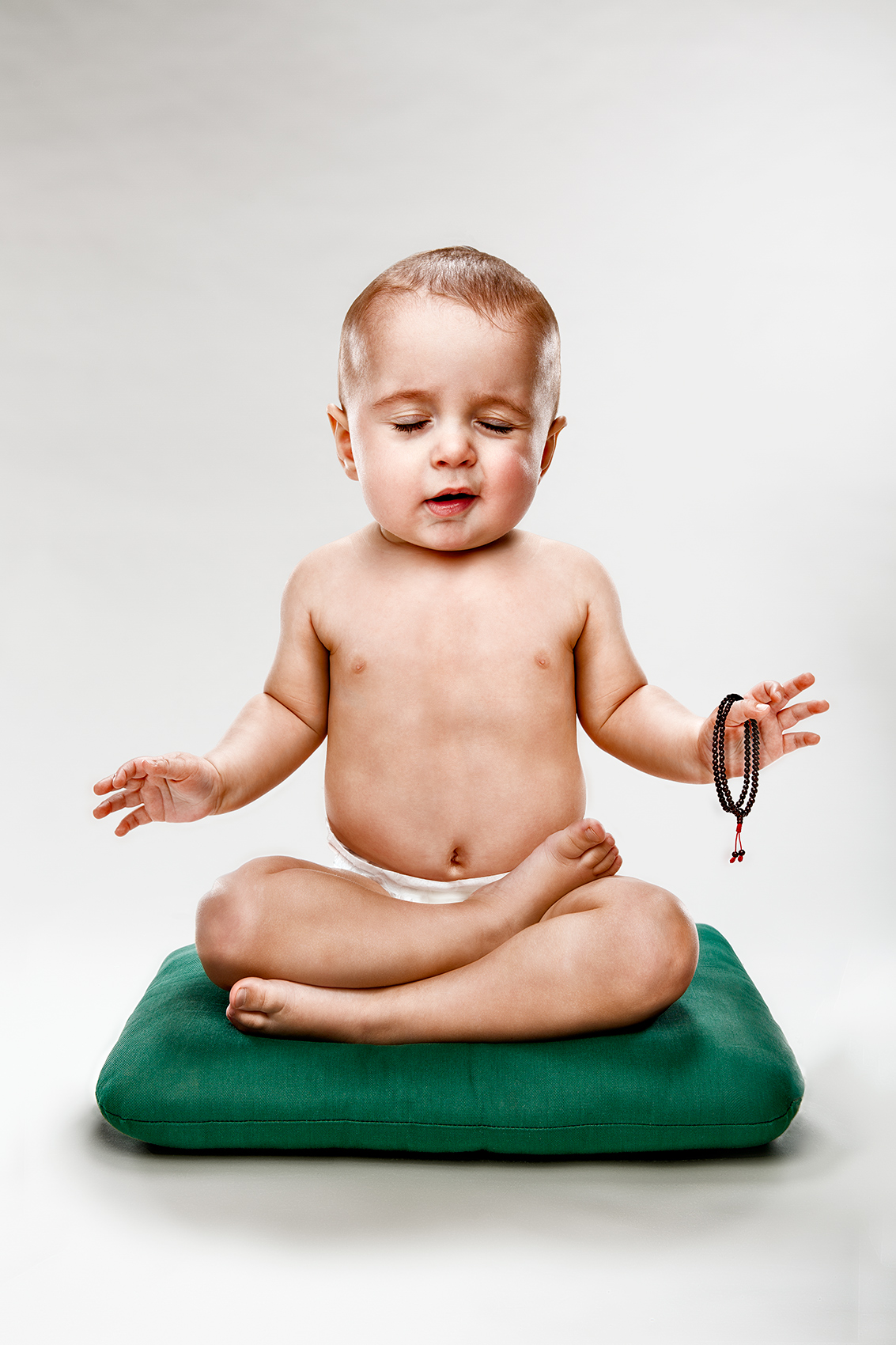


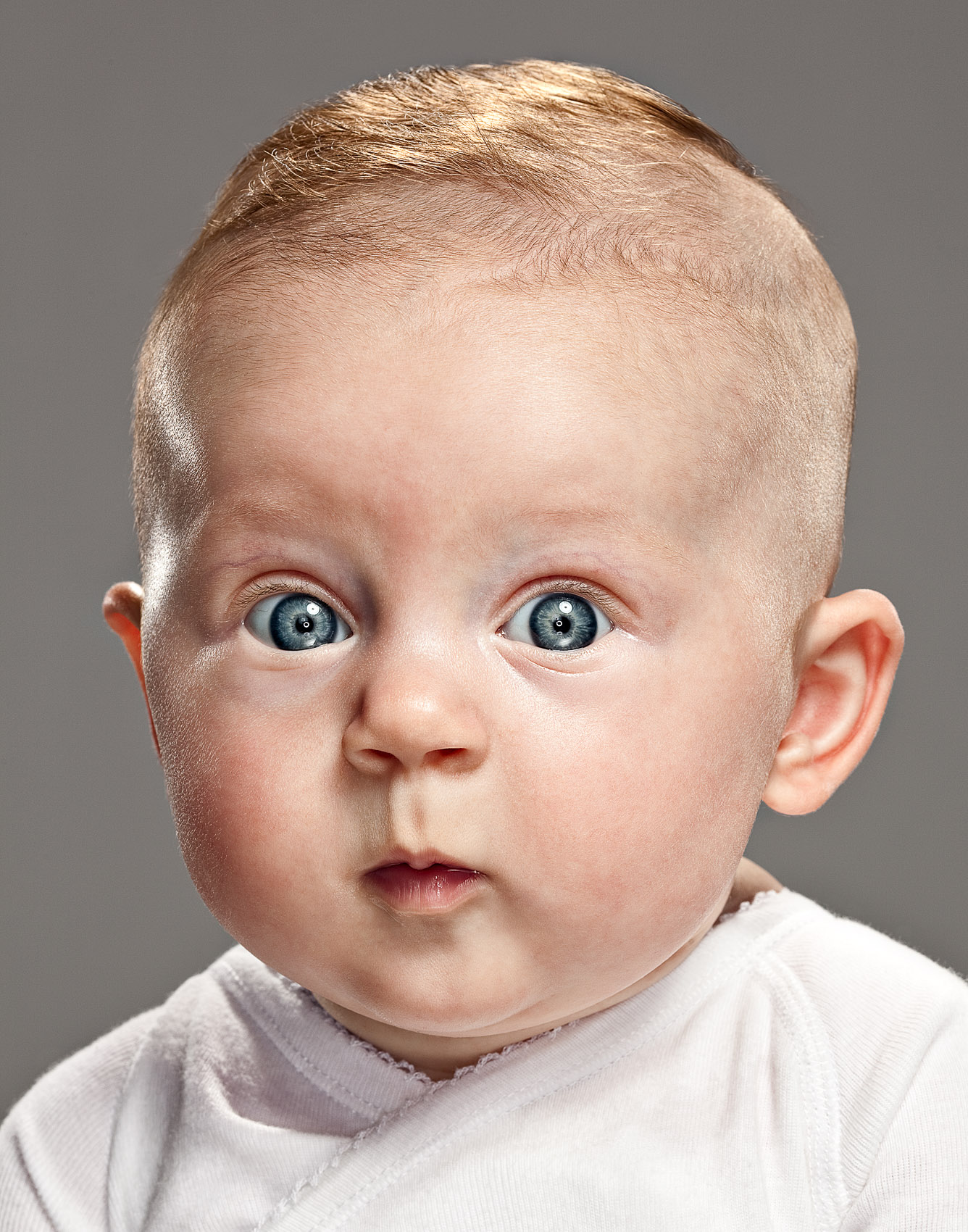
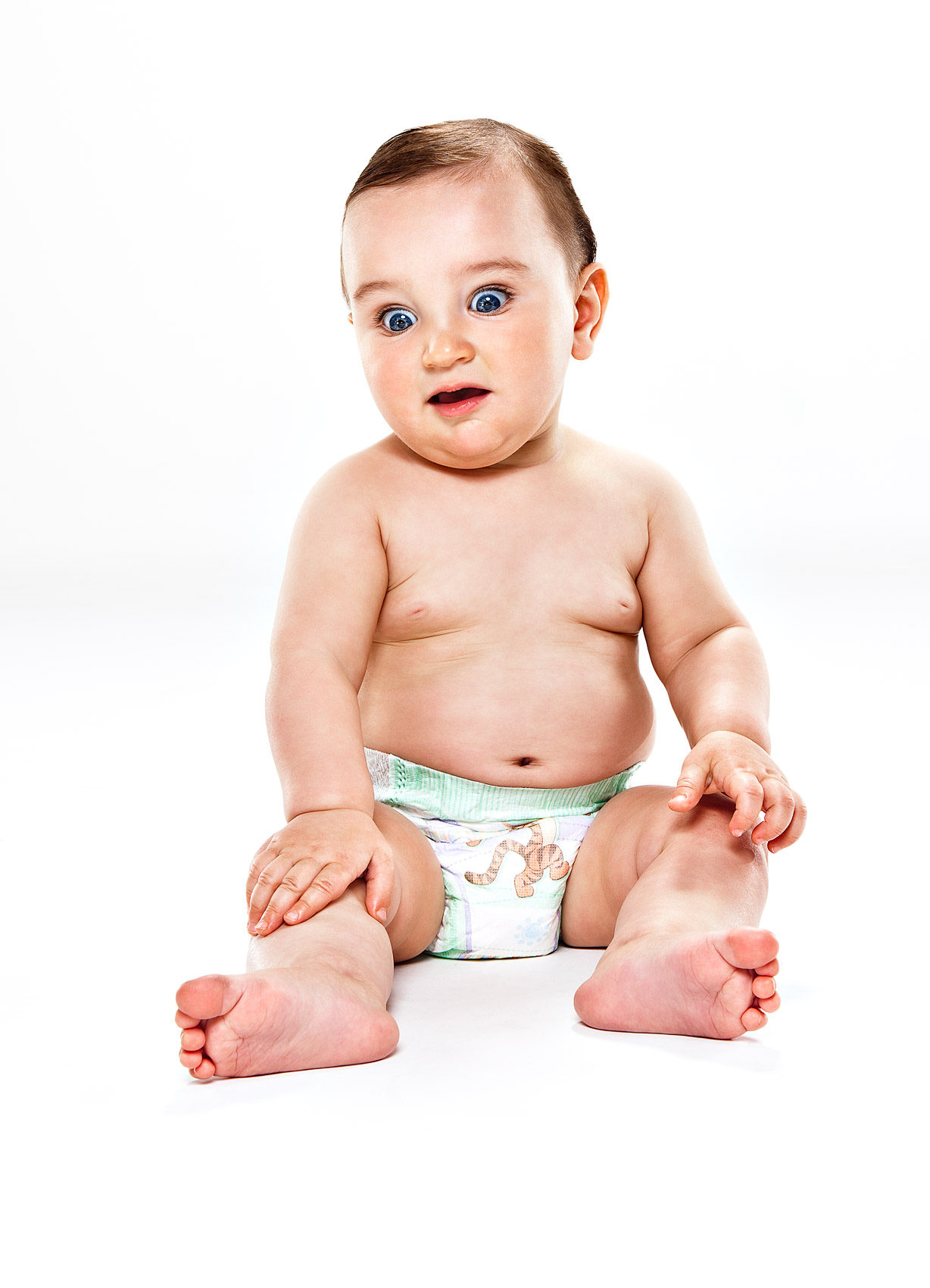
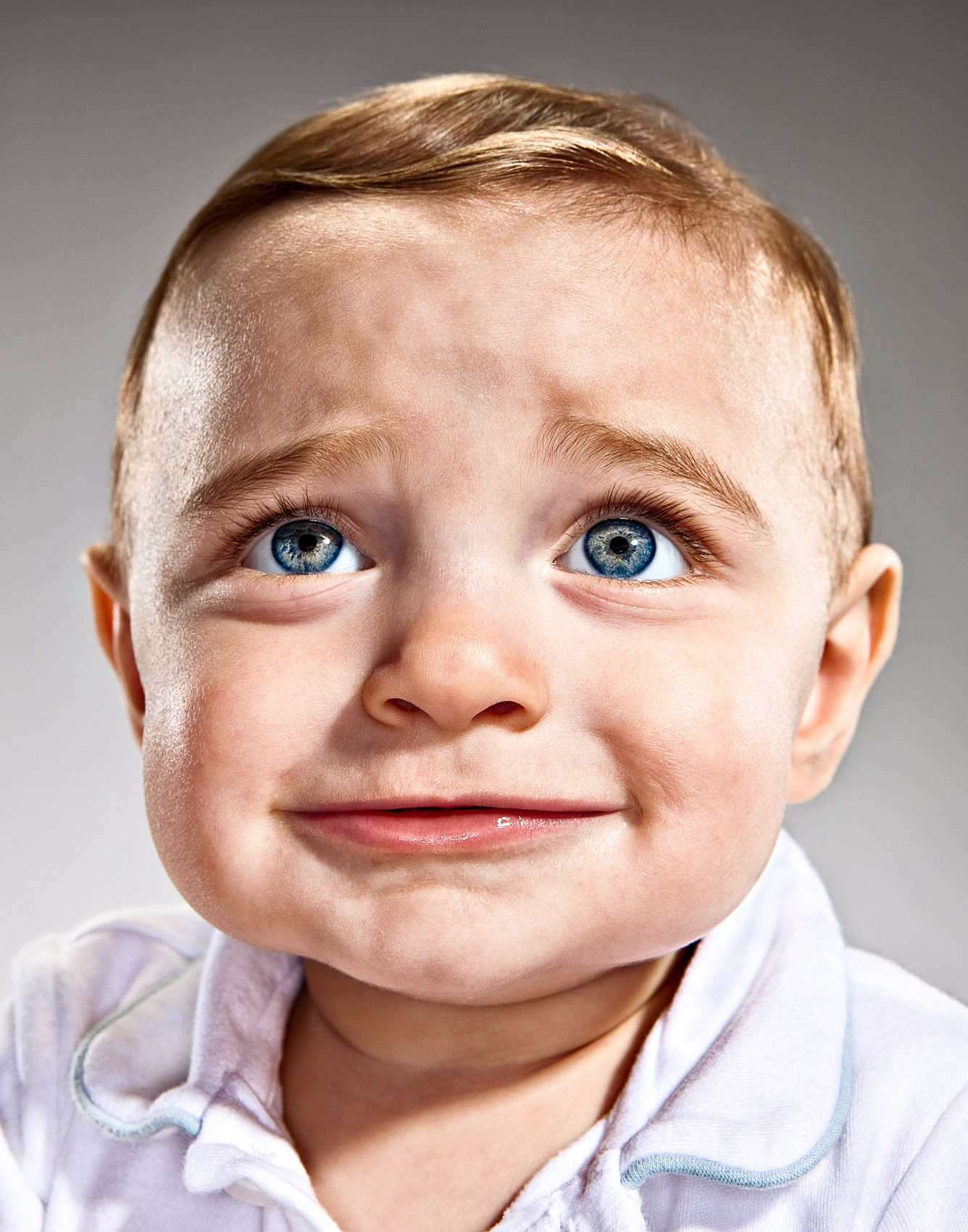


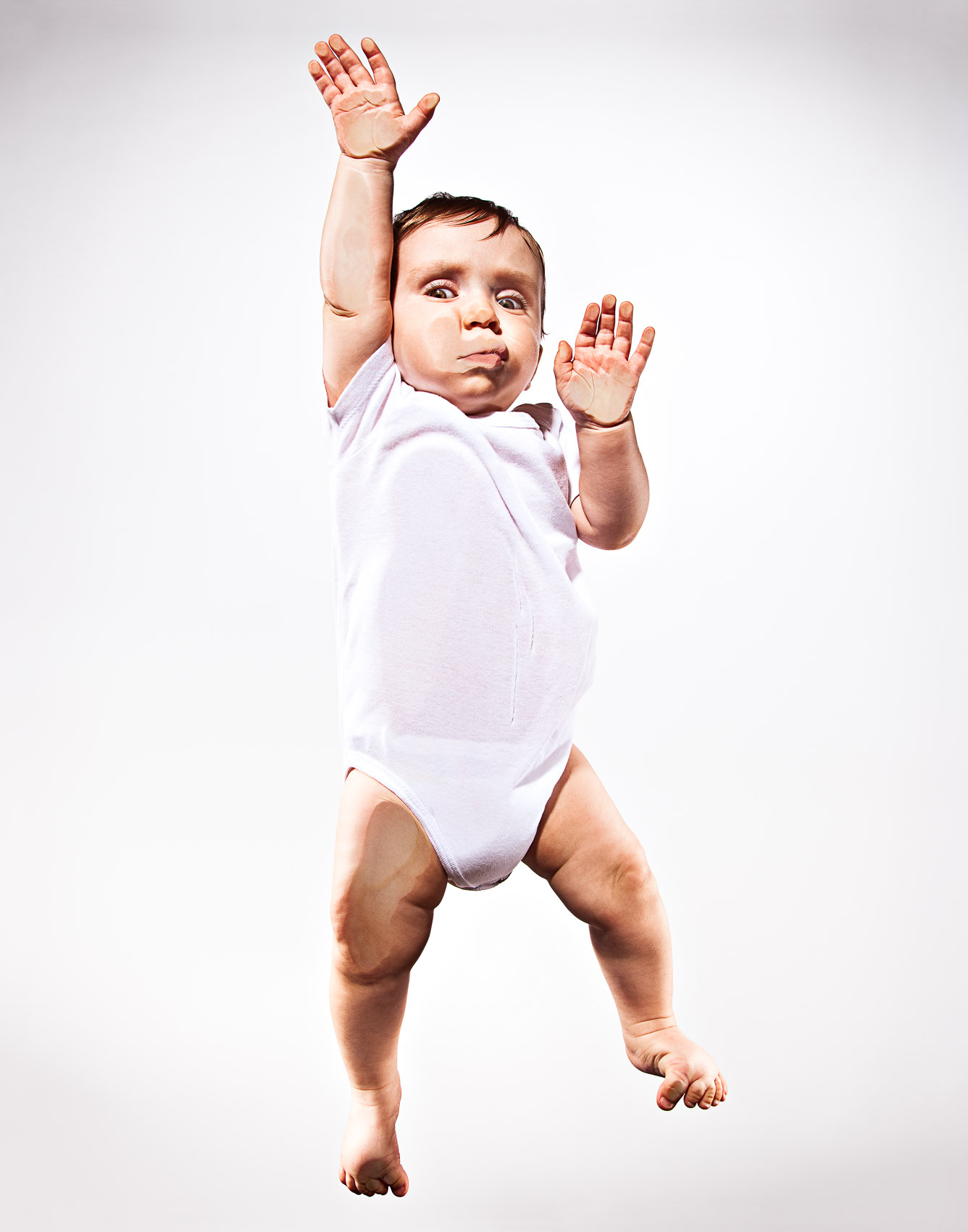
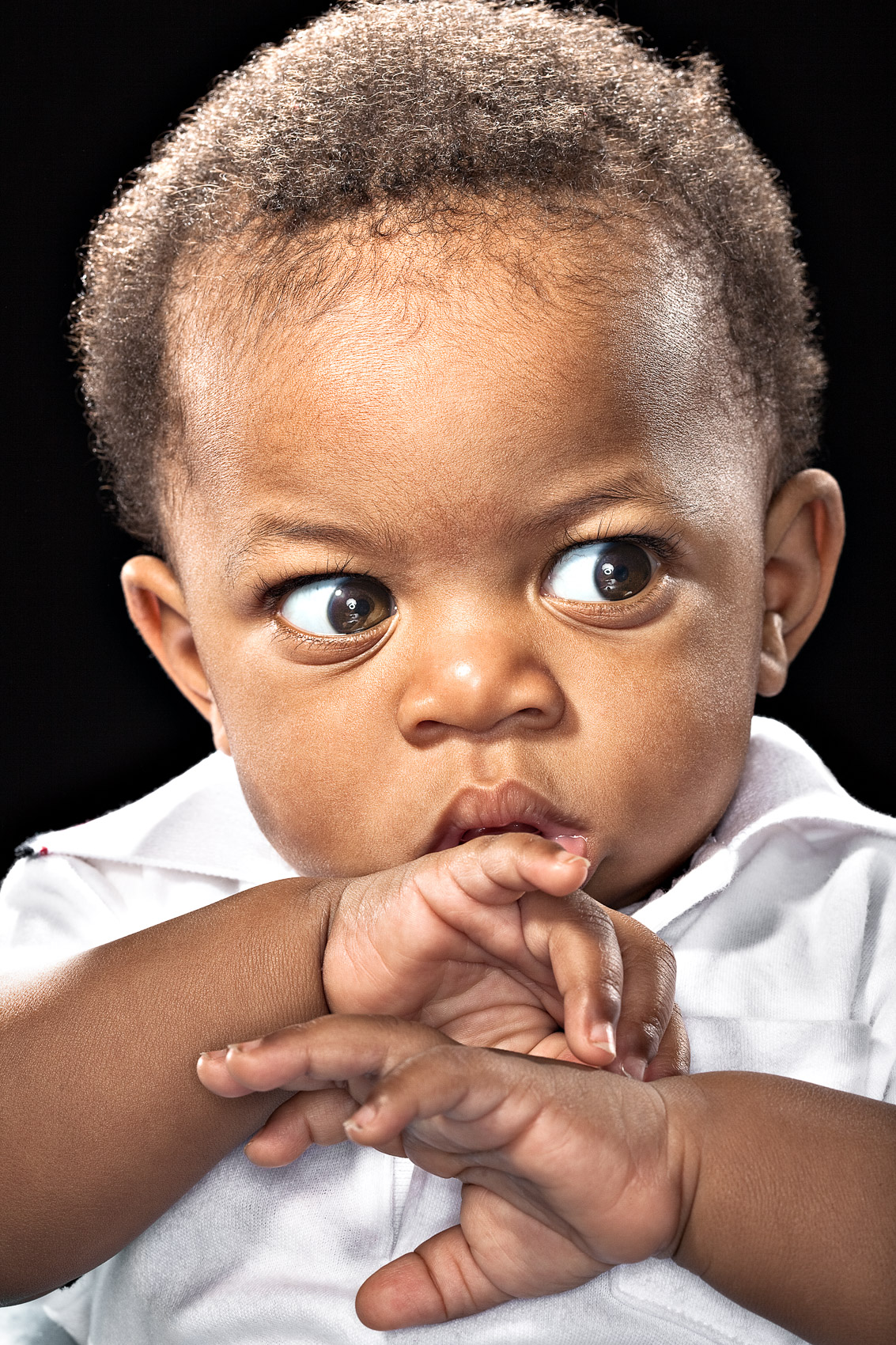
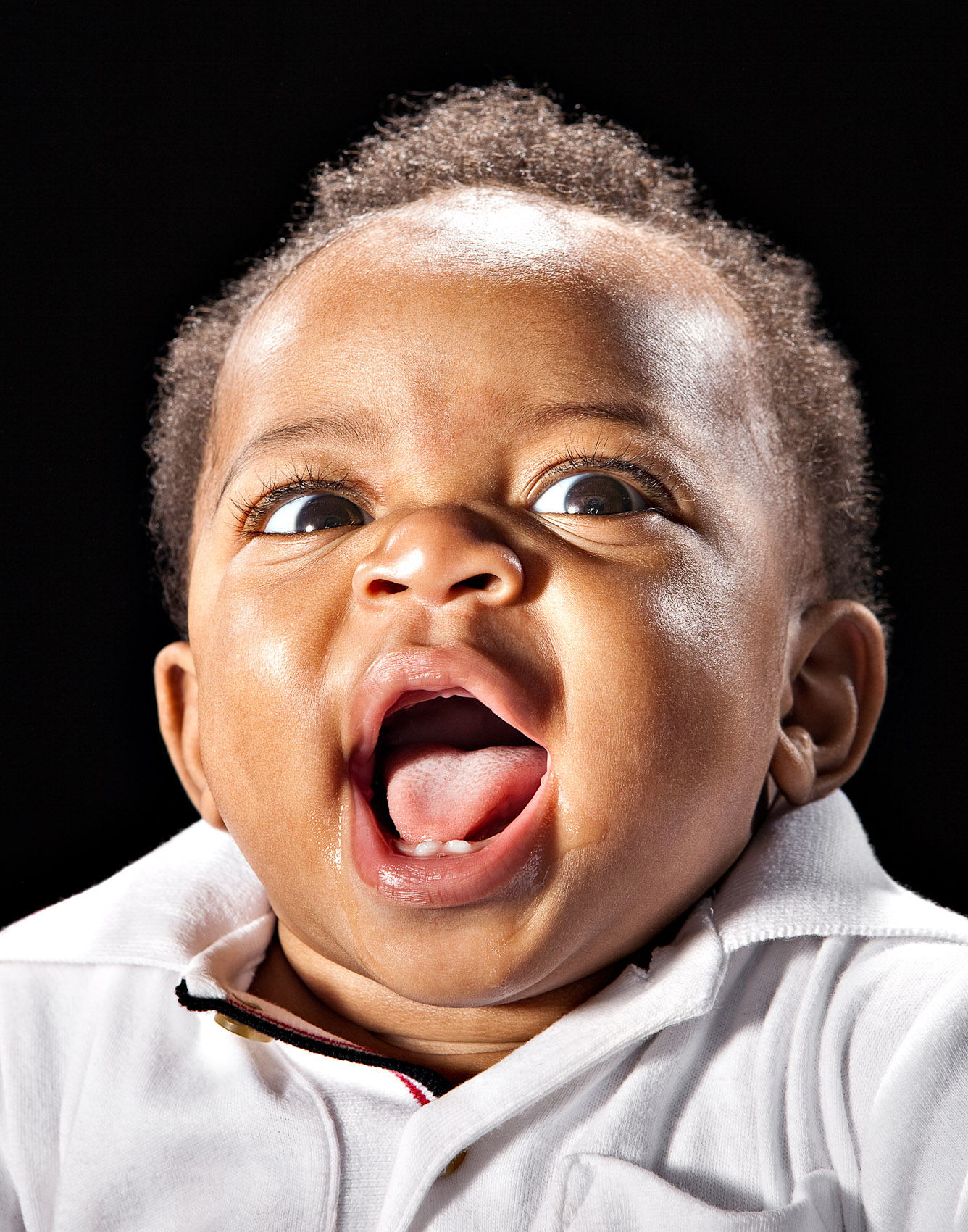
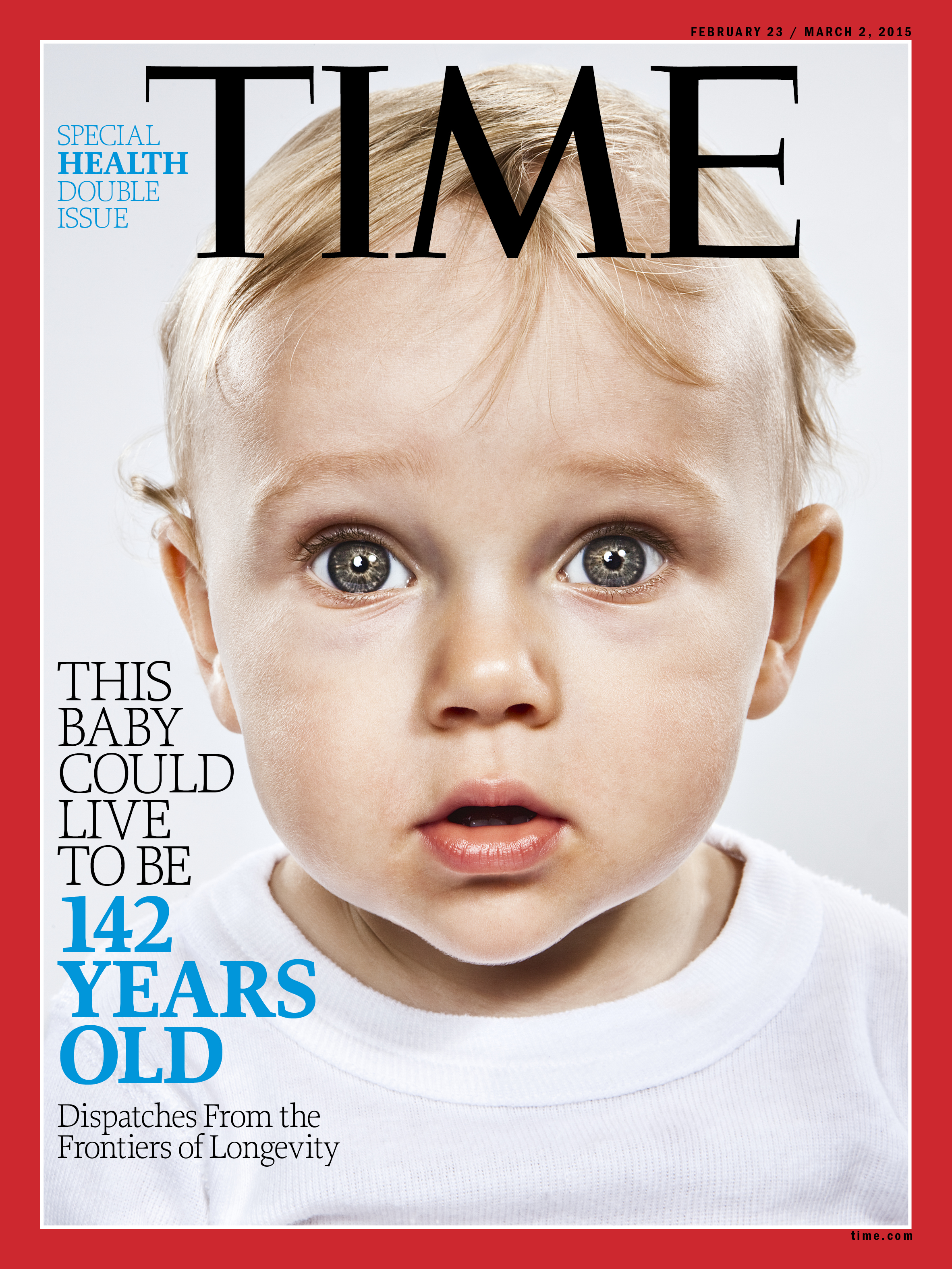
More Must-Reads from TIME
- Caitlin Clark Is TIME's 2024 Athlete of the Year
- Where Trump 2.0 Will Differ From 1.0
- Is Intermittent Fasting Good or Bad for You?
- The 100 Must-Read Books of 2024
- Column: If Optimism Feels Ridiculous Now, Try Hope
- The Future of Climate Action Is Trade Policy
- FX’s Say Nothing Is the Must-Watch Political Thriller of 2024
- Merle Bombardieri Is Helping People Make the Baby Decision
Contact us at letters@time.com